On October 13, US Treasury Secretary Scott Bessent said the US would postpone imposing 100% tariffs on Chinese goods until after the meeting between President Donald Trump and Chinese President Xi Jinping scheduled to take place in South Korea later this month, in order to create more time for negotiations.
According to Mr. Bessent, President Trump has sent a clear signal that the new tariffs will not be implemented before November 1, when the two leaders are expected to meet on the sidelines of the Asia -Pacific Economic Cooperation (APEC) Summit in Gyeongju, South Korea (October 31 - November 1). Minister Bessent said in an interview with Fox Business: "That was the signal from the President in the message posted on the social network Truth Social - he wants to give the two sides more time to meet and exchange directly."
The US Treasury Secretary said the two sides maintained active exchanges over the weekend and will continue to hold expert-level contacts in Washington this week, on the sidelines of the annual meetings of the World Bank (WB) and the International Monetary Fund (IMF). Secretary Bessent said: "The tensions have somewhat cooled down. The communication channel between the two countries has been reopened and the 100% tariff is not necessarily implemented."
US-China trade tensions flared up after Beijing announced on October 10 a drastic expansion of rare earth export controls, prompting President Trump to respond with a threat to impose 100% tariffs on Chinese goods – a move that rocked global financial markets.
However, observers say that the US setting the date for imposing tariffs on November 1, two days after the scheduled meeting between the US President and Chinese President Xi Jinping at the APEC Summit, could be a signal that the White House still wants to create space for dialogue. Although he once asserted that "there is no reason to meet Xi Jinping", the delay in imposing tariffs shows that Mr. Trump seems to still leave the possibility of negotiations open. In fact, Mr. Trump initially said he might cancel the meeting, but then said: "I haven't canceled it, but I'm not sure we'll reach an agreement. Anyway, I'll still be there, so maybe we'll meet."
In addition to preparing for a summit with China, Washington is stepping up other measures to respond to Beijing’s expansion of export controls on strategic minerals. Mr. Bessent said Washington has been talking to the European Union (EU), India and several Asian countries about a common response to China’s decision. He said the United States has been in contact with allies and will continue to meet this week, expressing hope for support from those countries in opposing China’s export controls.
In parallel with efforts to consult with allies, Washington is also stepping up domestic preparations to ensure the supply of strategic raw materials. The Financial Times, citing the Pentagon's Defense Logistics Agency (DLA), said the US Department of Defense is looking to dramatically increase its reserves of essential minerals, with plans to spend up to $1 billion.
On the same day, South Korean Foreign Minister Cho Hyun said President Trump will visit South Korea to attend the Asia-Pacific Economic Cooperation (APEC) forum but will likely not attend the APEC Summit.
In response to questions from lawmakers at a session of the Foreign Affairs and Unification Committee held at the National Assembly headquarters, Minister Cho Hyun said Seoul and Washington are negotiating to coordinate President Trump's two-day visit from October 29 to 30, ahead of the APEC Summit taking place from October 31 to November 1 in Gyeongju city, about 370 km southeast of Seoul.
Responding to questions from lawmakers, Mr. Cho confirmed that President Donald Trump will visit South Korea, but said he will most likely not attend the APEC Summit. The South Korean foreign minister also said that Mr. Trump is expected to have a bilateral meeting with host country President Lee Jae Myung, while denying the possibility of the two sides meeting privately outside the framework of the summit.
Also in the October 13 question-and-answer session, regarding the progress of the Korea-US tariff negotiations, Minister Cho Hyun said that the US has proposed a new alternative regarding Korea's $350 billion investment in the US. Initially, when the US proposed the $350 billion figure, it was a package that included direct investment, loans and loan guarantees. However, the package was later changed to all direct investment, so Korea firmly maintained its stance that it could not make the $350 billion direct investment.
Mr. Cho Hyun said that from now until the APEC Summit, Korea will make every effort to negotiate to properly resolve the detailed agreements mentioned above.
Source: https://vtv.vn/my-se-tam-hoan-ap-thue-100-voi-hang-hoa-trung-quoc-10025101406542206.htm








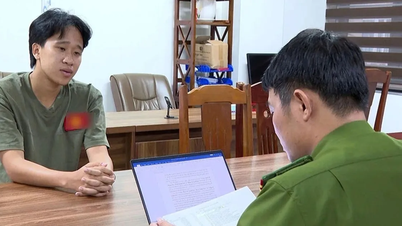

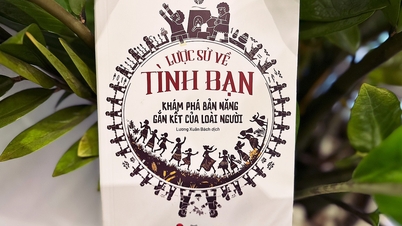





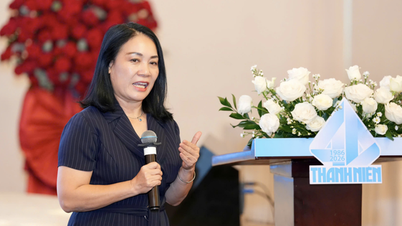
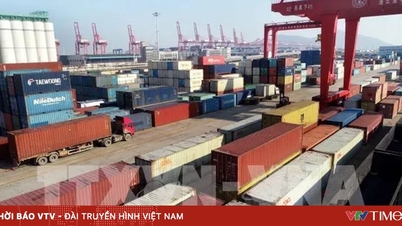


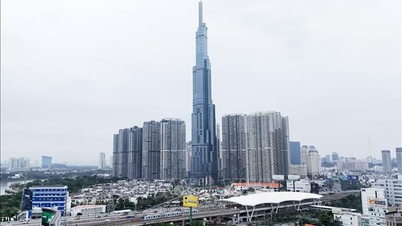

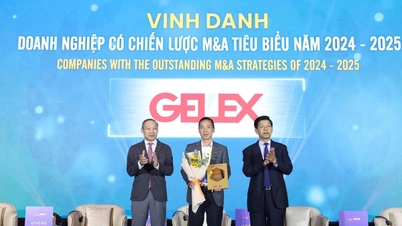
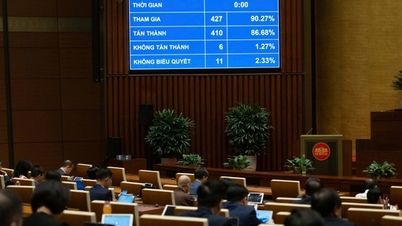

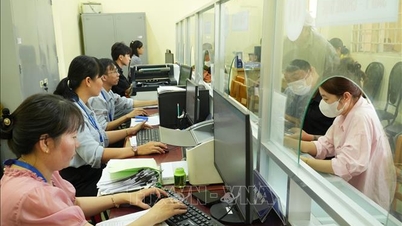
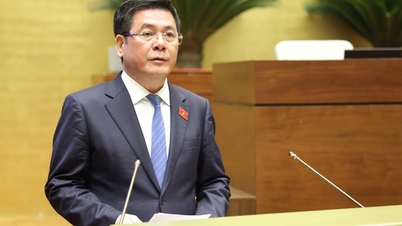




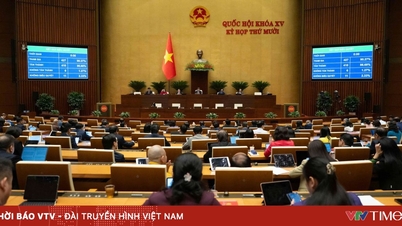
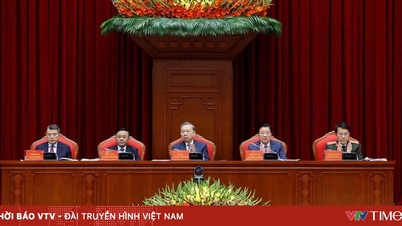
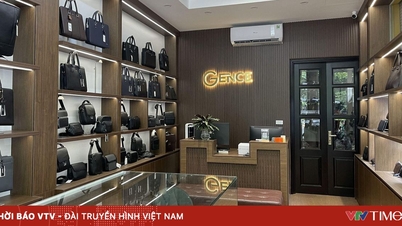

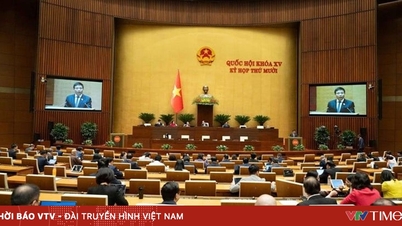
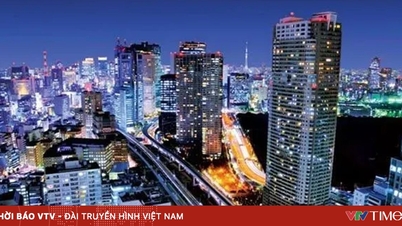






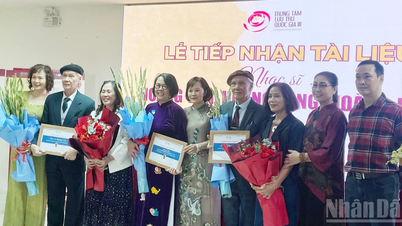



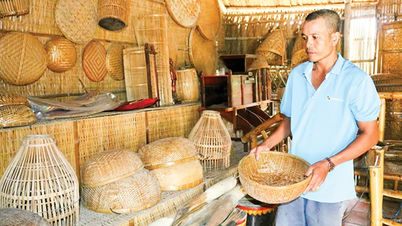

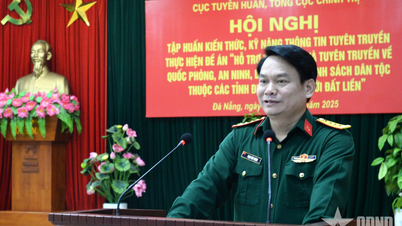

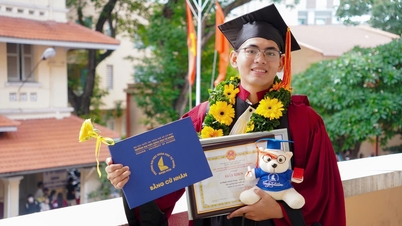

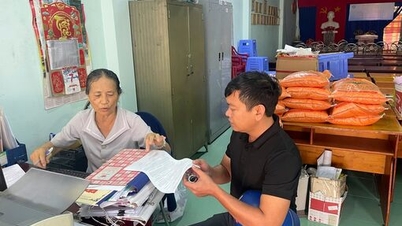

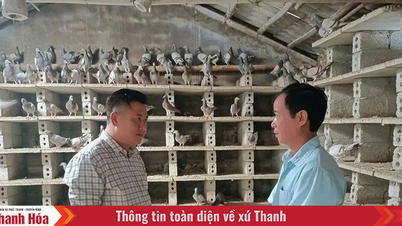




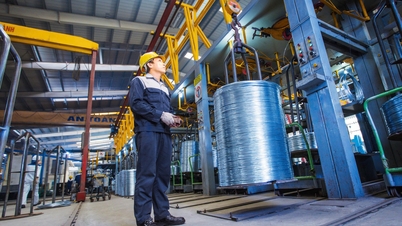

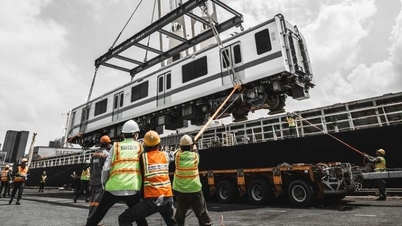
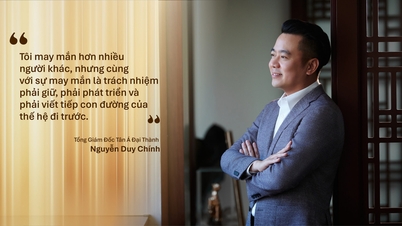
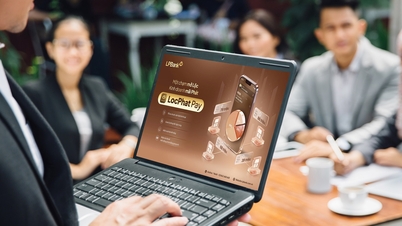







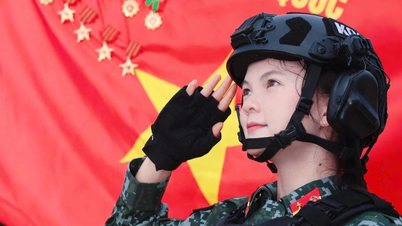

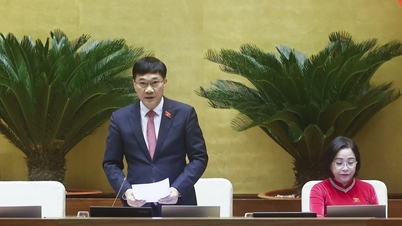
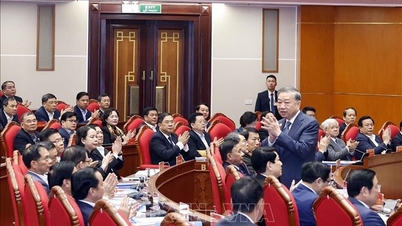
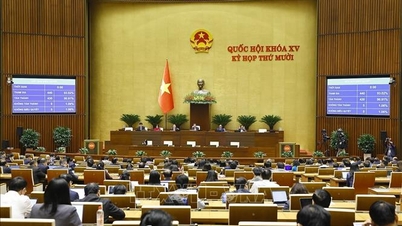


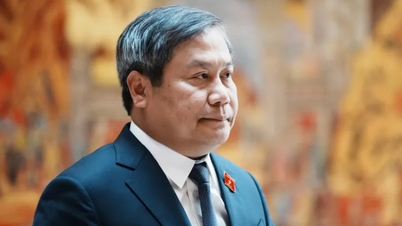
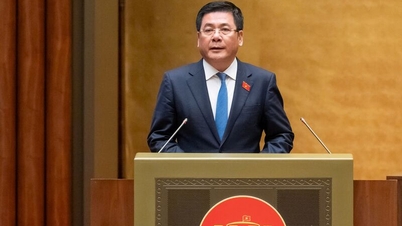

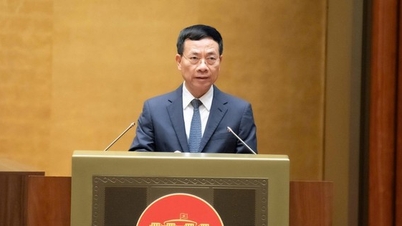





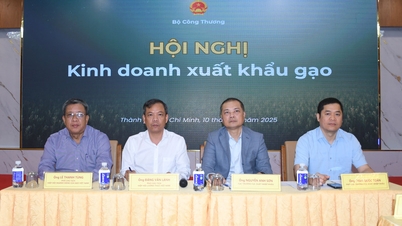
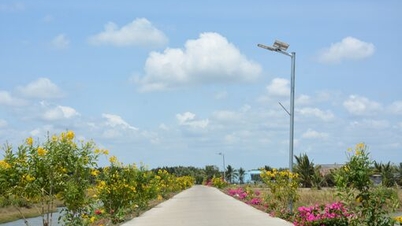
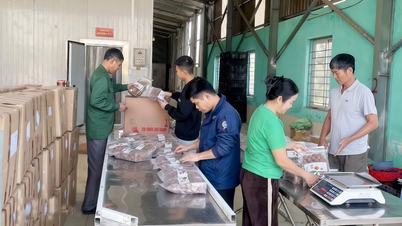

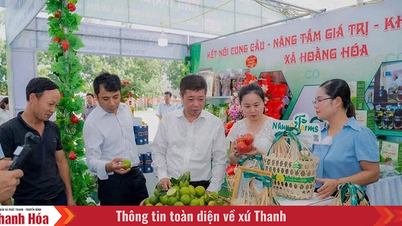
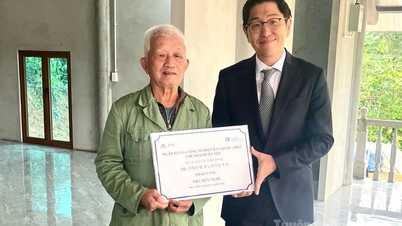

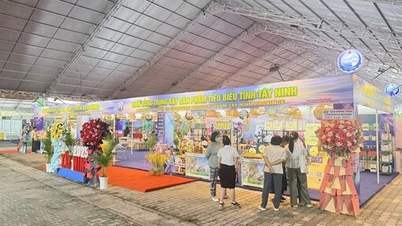
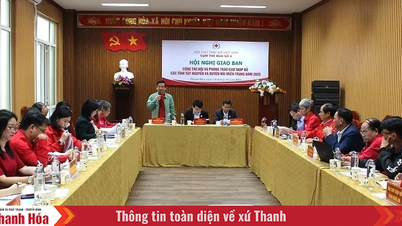











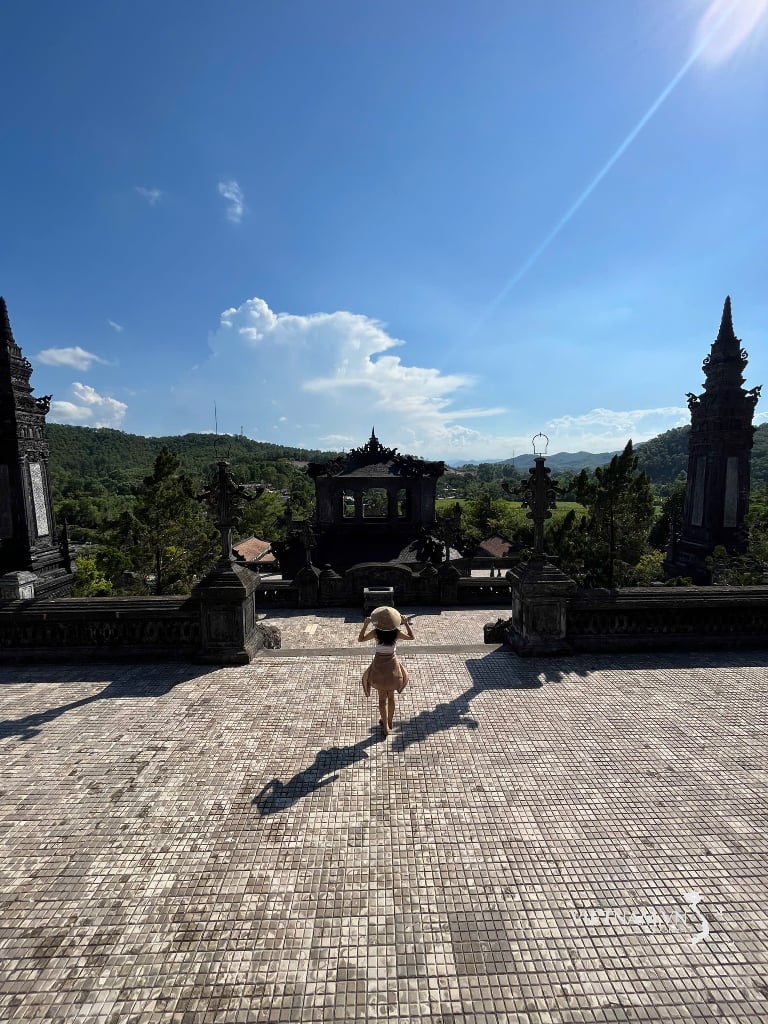






Comment (0)